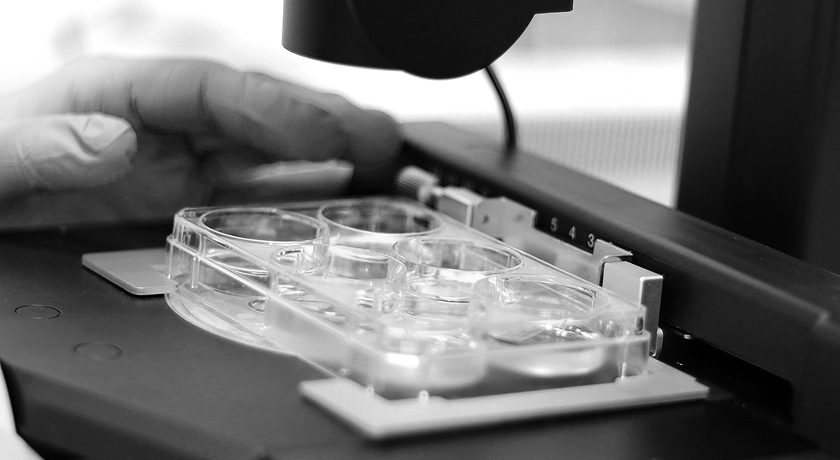Full-Service IVD CRO Services
Beaufort’s IVD-focused experts design studies that address the unique validation requirements for diagnostic products, pivoting seamlessly with unmatched responsiveness as needs evolve. From specimen collection protocols and method comparison protocols to adaptive statistical approaches, we demonstrate clinical performance across diverse patient populations.



